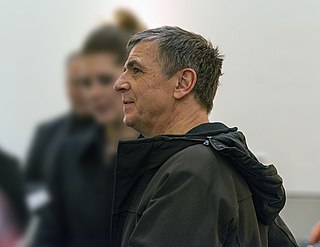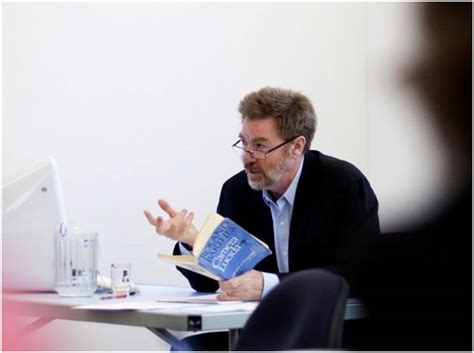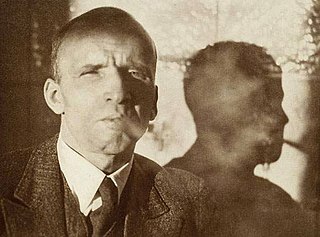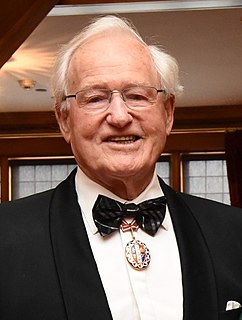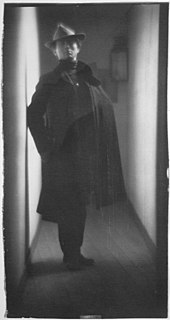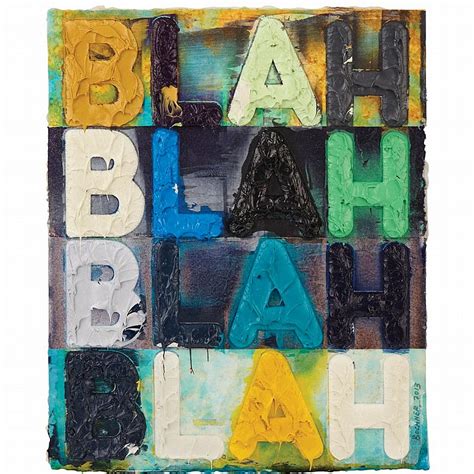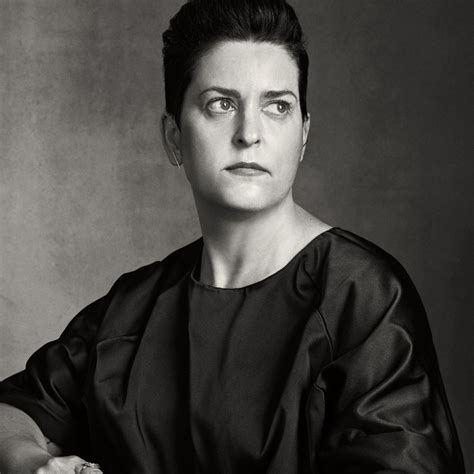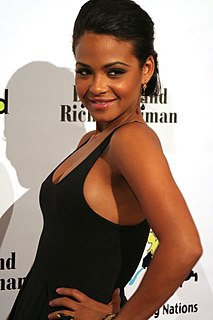A Quote by Andreas Gursky
Since the photographic medium has been digitized, a fixed definition of the term photography has become impossible.
Quote Topics
Related Quotes
To know whether photography is or is not an art matters little. What is important is to distinguish between good and bad photography. By good is meant that photography which accepts all the limitations inherent in photographic technique and takes advantage of the possibilities and characteristics the medium offers. By bad photography is mean that which is done, one may say, with a kind of inferiority complex, with no appreciation of what photography itself offers: but on the contrary, recurring to all sorts of imitations.
No individual photo explains anything. That's what makes photography such a wonderful and problematic medium. It is the photographer's job to get this medium to say what you need it to say. Because photography has a certain verisimilitude, it has gained a currency as truthful - but photographs have always been convincing lies.
The very act of representation has been so thoroughly challenged in recent years by postmodern theories that it is impossible not to see the flaws everywhere, in any practice of photography. Traditional genres in particular-journalism, documentary studies, and fine-art photography-have become shells, or forms emptied of meaning.
It occurs to me that at the beginning one works passionately to learn photography. This takes years, and the craft is usually formed during this period. Then as time passes one finds oneself more in the role of serving the medium... Then, as in the example of several masters that I have been privileged to know personally, it appears that by having devoted oneself totally to the medium, one becomes photography.
